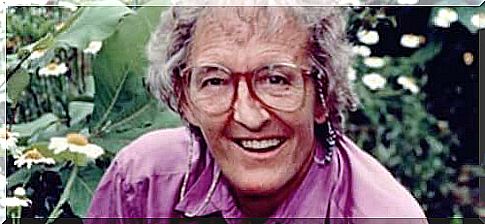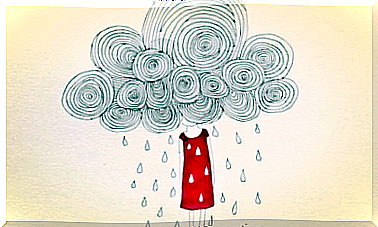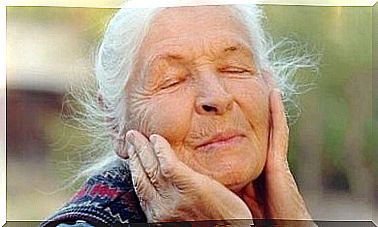Confronting The Fear Of Death In Old Age
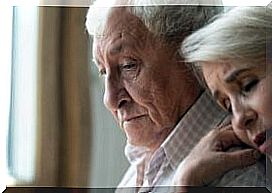
Although death is present at all stages of life, it acquires a particularly relevant character in old age. This is largely due to the fact that this phase of life is accompanied by progressive physical and mental deterioration, which eventually increases the fear of death.
In Western culture, the idea of old age has negative connotations. Many older people share these ideas, even if they are not true. This is why this period of life is often associated with illness, depression, isolation and passivity.
There are also many elderly people who live their last years with peace of mind and accept their own death as a natural fact of life. Others, on the other hand, are unable to make peace with themselves and often this increases the fear of death.
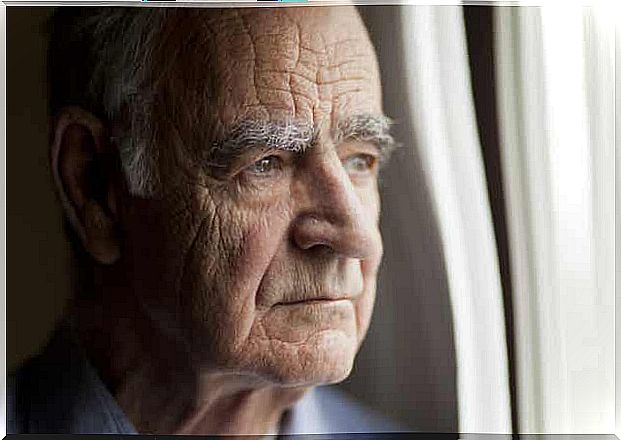
Fear of death
The aging process is gradual, progressive and irreversible at any stage of life, but we tend to relate it exclusively to old age. The same goes for death, which is conceived of as imminent proximity in this phase of life.
This can generate overwhelming sensations associated with the fear of death. It is not known how and when a person will die. In our culture, this subject is taboo, which leads to individual and collective denial in the face of fear, pain and suffering.
The fact of not knowing what is after life arouses a fear of death which can cause anxiety, especially not knowing if the trance will be prolonged and painful. Confronting the fear of death in this way makes it harder to go through this stage and makes it more painful.
It is true that there is a tendency to underestimate the ability of the elderly to cope with the fear of death. In many cases, they themselves feel that they will not be able to bear it. However, under these circumstances, psychic resources of which they were unaware come to the surface.
Other perspectives
For many older people, death is part of a natural process and they actively face it in advance. They are not unaware of it and, in fact, they anticipate it.
The elderly have gone through enough deaths and learned to cope with the disease. Thus, without knowing it, they prepare for their own death from birth. Some even fantasize about this inevitable step and sometimes show black humor.
Several researchers agree that older people are more familiar with cemeteries, funerals and death than people of other ages. In addition, they set short-term goals and are more concerned with day-to-day life.
Knowing how to lose is a healthy old age. We have lost the quality of being a son, a worker, young, healthy, vigorous. “Digesting” each crucial moment in life helps prepare for the next loss. In this way, a chaotic reality is transformed into a manageable situation.
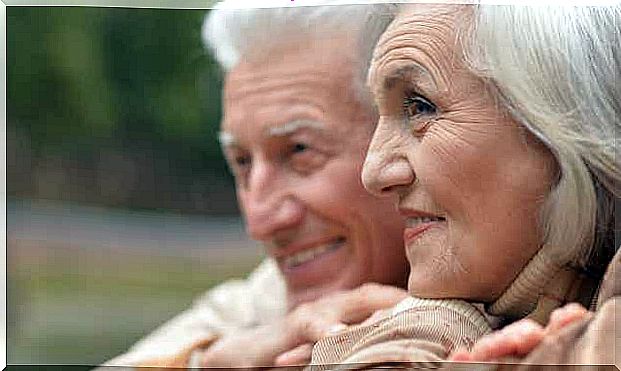
Ideas about death
Death has been attributed gruesome and bizarre characteristics. Yet death is beyond what any human being can imagine. In this regard, Freud stated that, for both primitive and modern man, death itself is unimaginable and unreal. Therefore, in front of it, one can only act as a spectator.
The anguish caused by the fear of death, in an unfavorable social context, can become a silent expression that remains trapped in the body. This can result in somatic manifestations associated with vague pains and illnesses.
It is important to consider the role of emotional and social support networks in these circumstances. Having this kind of support certainly helps alleviate and overcome loss and fear of death so that you can continue with your life.
Most older people fear that they will become a burden on their spouse or family. In general, the elderly may adopt an attitude of indifference, fear, the completion of suffering or serenity in the face of death. It is useful for them to have the opportunity to talk about it and for those around them to show sympathy for them.
